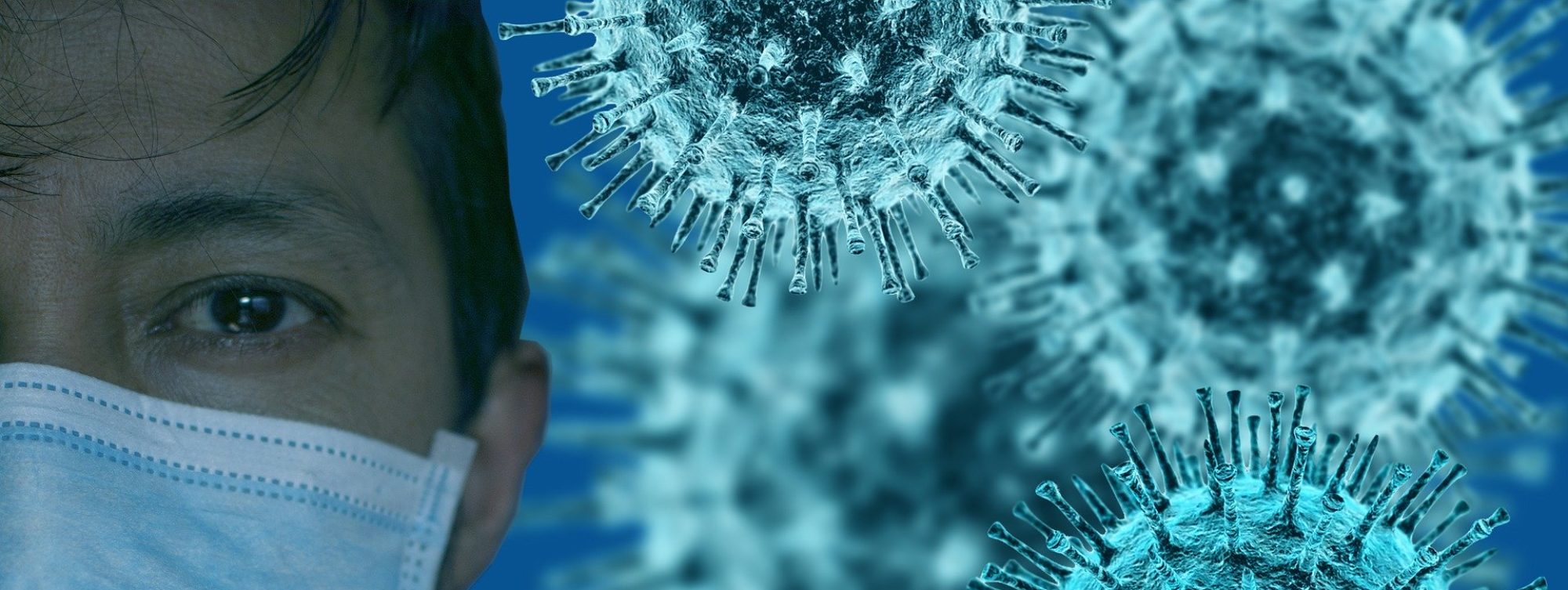Call for Articles: Somatosphere Special Series
Working Definitions: Making and Unmaking “Medical Anthropology” around the World
Somatosphere Special Series
Editors: Professor Paschal Kum Awah (Chair, Anthropology, University of Yaoundé I) and Elizabeth Durham (PhD Candidate, Anthropology, Princeton University)
Anthropology’s interest in health, illness, prevention, and treatment is longstanding and increasingly robust. In this era of medical development, epidemics and pandemics, and debates in both the oft-called “Global North” and “Global South” over anthropology, colonialism, and associated prefixes (post-, neo-, de-), the constellation of theory and praxis known as medical anthropology has traveled fast and far. In this Somatosphere special series, we seek to at once ground and unsettle the contours of “medical anthropology” itself by highlighting encounters between anthropologists and healthcare providers — and especially among anthropologists working in the same field or setting — in which the scope and purpose of medical anthropology are foregrounded and framed as questions. What constitutes an appropriate focus of study for medical anthropology? What are the parameters of “being appropriate”? To what or whose ends are the findings of medical anthropology best put? How do discourses on culture (e.g. “authenticity”) and power (e.g. “legitimacy”) adjudicate the limits and insights of medical anthropology? How does health-focused collaboration proceed, and should it, when collaborators have markedly different views of the practice and point of medical anthropology?
We welcome single-authored and multiple-authored contributions but prioritize the latter to best explore the potential and texture of relations among scholars hailing from or identifying with different communities, histories, and positions of power. To this end, we particularly encourage contributions from authorial teams comprised of colleagues from both the “Global North” and “Global South.” Our call includes but is not limited to the following themes:
–Voluntary and state-mandated collaboration between citizen and non-citizen anthropologists
–Encounters among “academic” and “applied” anthropologies, public health, and/or culturalism
–Negotiations of therapeutic intellectual property/practice; rights to knowledge, secrecy, and study; and underlying moral and legal frameworks of rights and rightsholders
–Negotiations of research ethics norms between healthcare providers and anthropologists, and among anthropologists (and the institutions that train and employ them)
–MD/PhD training programs and their implications for research, critique, and collaboration
–Funding and institutional incentives and disincentives to collaboration in medical anthropology
–Debates over the globality of biomedicine, the “global” as a useful site or analytic, and dynamics between biomedicine and ethnomedicine
–COVID-19 and the timeframe and sociality of knowledge production in medical anthropology
If you would like to contribute, please email a short abstract (250-300 words) to awahpaschal@yahoo.fr and edurham@princeton.edu by July 31, 2020. Final contributions will range from 1,500-2,500 words, though we will consider shorter and longer pieces as necessary. While Somatosphere usually publishes in English, we welcome abstracts and contributions in other languages and will work with authors to arrange translation. Translated contributions will appear in both their original language and English on the Somatosphere website.
ARHE Solidarity Statement
We, in the Anthropological Responses to Health Emergencies Special Interest Group (ARHE SIG), condemn the recent killing of George Floyd, Breonna Taylor, Ahmaud Arbery, David McAtee, Tony McDade, and so many other African Americans. We stand in solidarity with the Black Lives Matter movement and others in the fight against police brutality, criminal prosecution of police brutality, and the destruction of systemic racism anywhere it is found. We deplore the continued abuse of protesters by police in many cities around the country. We mourn the deaths of so many Black people at the hands of American police. The criminalization of mental illness, substance use, and poverty has resulted in a profound loss of life, equity, and opportunity for BIPOC in the United States for the last four centuries. ARHE supports the development of community services that address these issues within BIPOC communities.
We focus on health emergencies such as epidemics and the current COVID-19 pandemic. However, we define health emergency broadly and, as such, we view the centuries of racist abuse to be an epidemic that has taken countless lives and is long overdue to be addressed. As anthropologists, we are aware of the discipline’s own role in anti-Black systemic racism inside academia and within our work. As the current pandemic is demonstrating, systemic racist policies have led to health disparities which are disproportionately impacting Black, Latinx and indigenous communities in this current health emergency. We hold ourselves accountable for standing against racism, brutality, and inequity everywhere we see it and using our skills as anthropologists to shine light on the dark heart of systemic racism and structural violence wherever it lurks.
New Social Science in Humanitarian Action Platform (SSHAP) Reviews
From Olivia Tulloch of Anthropologica:
I’m pleased to circulate a new SSHAP output. This is a review presenting social science considerations for care and infection prevention and control (IPC) for COVID-19 in home-care.
http://www.socialscienceinaction.org/wp-content/uploads/2020/06/SSHAP-COVID-19-Homecare-review_FINAL3_pdf.pdf
A couple of differences from recent outputs: we have a new design, and this one is a longer review, not our standard brief format. It explains why home care is important, provides an overview of existing guidance and models for home and community-based care, and provides themed recommendations for guidance and support.
As usual the infographic and translations will follow on the website in the coming days. This is our 10th output, and requests keep coming, so you’ll hear from me in due course.
Also I’m aware that some people did not receive notification of our recent briefs: on conflict and displacement in Mayanmar available at: https://www.socialscienceinaction.org/resources/key-considerations-covid-19-context-conflict-displacement-myanmar/
And on marginalised populations in South East Asia, available here: https://www.socialscienceinaction.org/resources/key-considerations-covid-19-management-marginalised-populations-southeast-asia-transnational-migrants-informal-workers-people-living-informal-settlements/
All the briefs are available on the website, and some recent ones below, in case you missed them.
Please tweet and share as appropriate. Please let me know if you don’t want to receive future outputs, and if there are others you feel you have missed out on, please see more information below.
